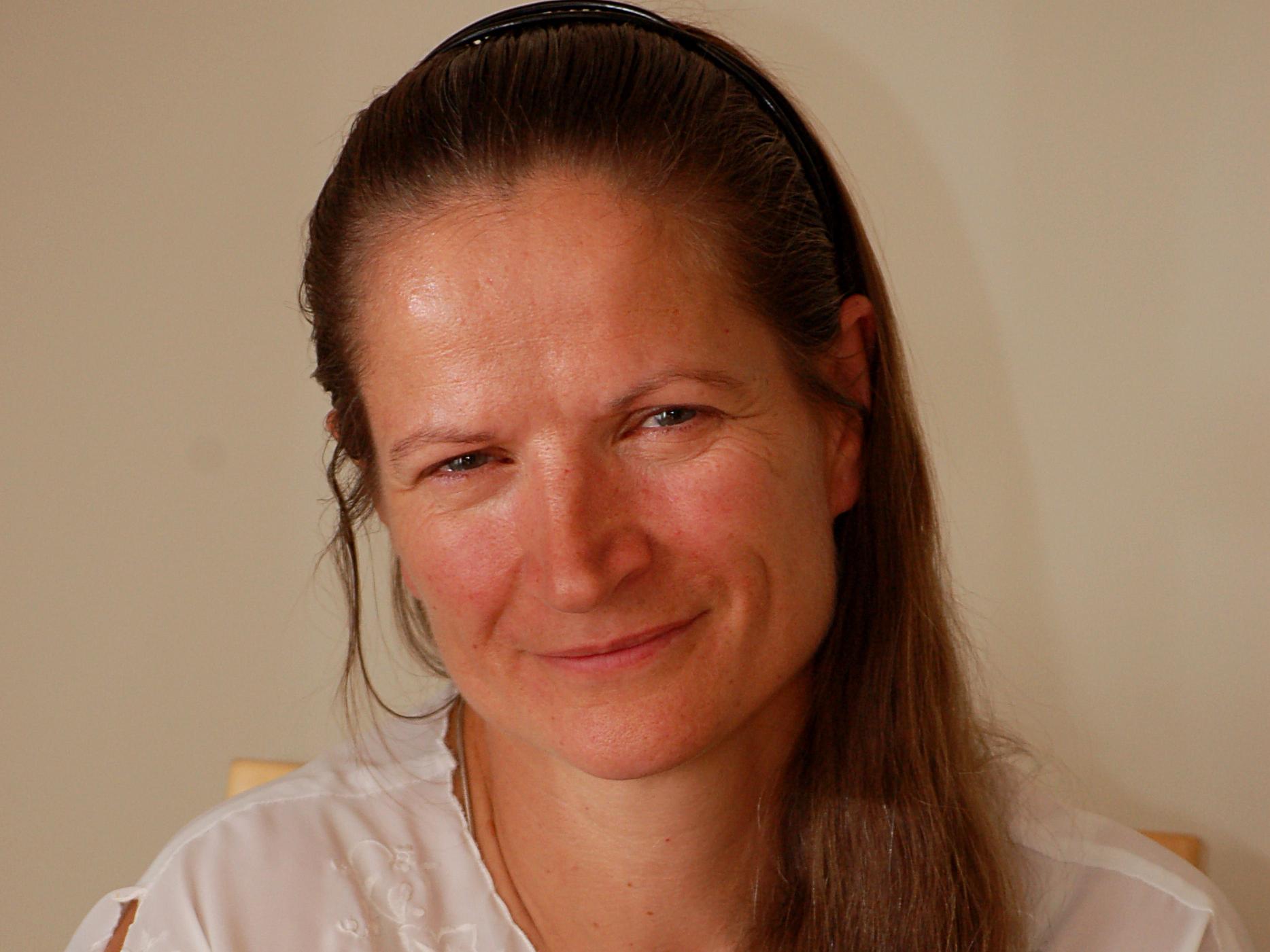June 24, 2020 12:00PM
In order to fully understand the human body, we must also understand how it has evolved and adapted over millions of years. In his book, “The Story of the Human Body: Evolution, Health and Disease,” Daniel Lieberman describes how the disparity between the needs of humans during the Stone Age compared to those of the modern-day has created a paradox of increasing longevity, but with a proliferation in chronic disease. Key evolutionary adaptations that were important for survival on the plains of Africa (e.g. bipedalism, socialization, communication, athleticism, different diet and large brains) have provided many benefits to humans today. However, cultural and environmental changes have outpaced our ability to adapt and have contributed to an increased incidence in many chronic diseases for which we treat symptoms, but do not target the true source of their etiology.
In this webinar, Dr. Gillian Lauder reviews the concepts of cultural and biological evolution as they relate to the increasing prevalence of pediatric myofascial chronic pain. She also shares recommendations for a different foundational approach to treating pediatric myofascial chronic pain.

Dr. Gillian Lauder, MB BCh, FRCA, FRCPC, CPE
Dr. Gillian Lauder is a pediatric anesthesiologist, complex pediatric pain physician, and director of the Acute Pain Service in the Department of Pediatric Anesthesia at BC Children’s Hospital. She graduated with an MB BCh degree from University of Wales Hospital of Medicine. She was appointed as a consultant pediatric anesthesiologist to the Bristol Children’s Hospital and faculty member of the University of Bristol in 1998, during which time she championed and led a multidisciplinary pediatric chronic pain service. Dr. Lauder has worked at BC Children’s hospital since 2006 and has 30 years of clinical experience focused to pediatric anesthesia and pain management. Dr. Lauder has a special interest in pediatric Complex Regional Pain Syndrome (CRPS), interventional blocks for pain management, and ultrasound guided regional techniques. She is committed to improving the adoption of preventative multimodal strategies in acute pediatric pain management and to promote holistic strategies to address the biopsychosocial impacts that occur in pediatric chronic pain.